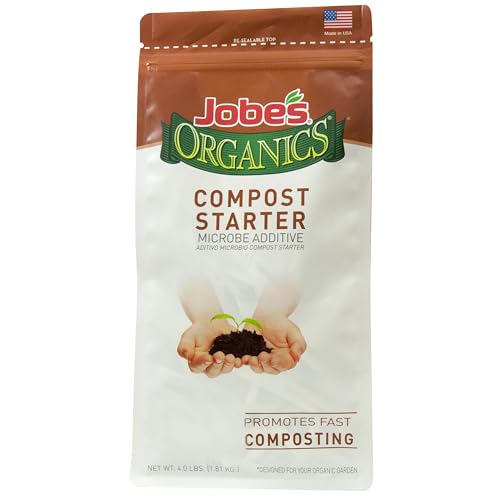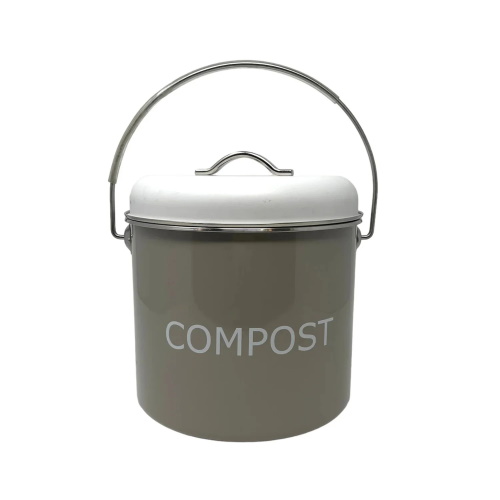Compost experts reveal the best time to start a compost heap – here's when you should put your food scraps to good use
Although you can start throughout the year, choosing to start your heap during particular seasons can aid your composting success
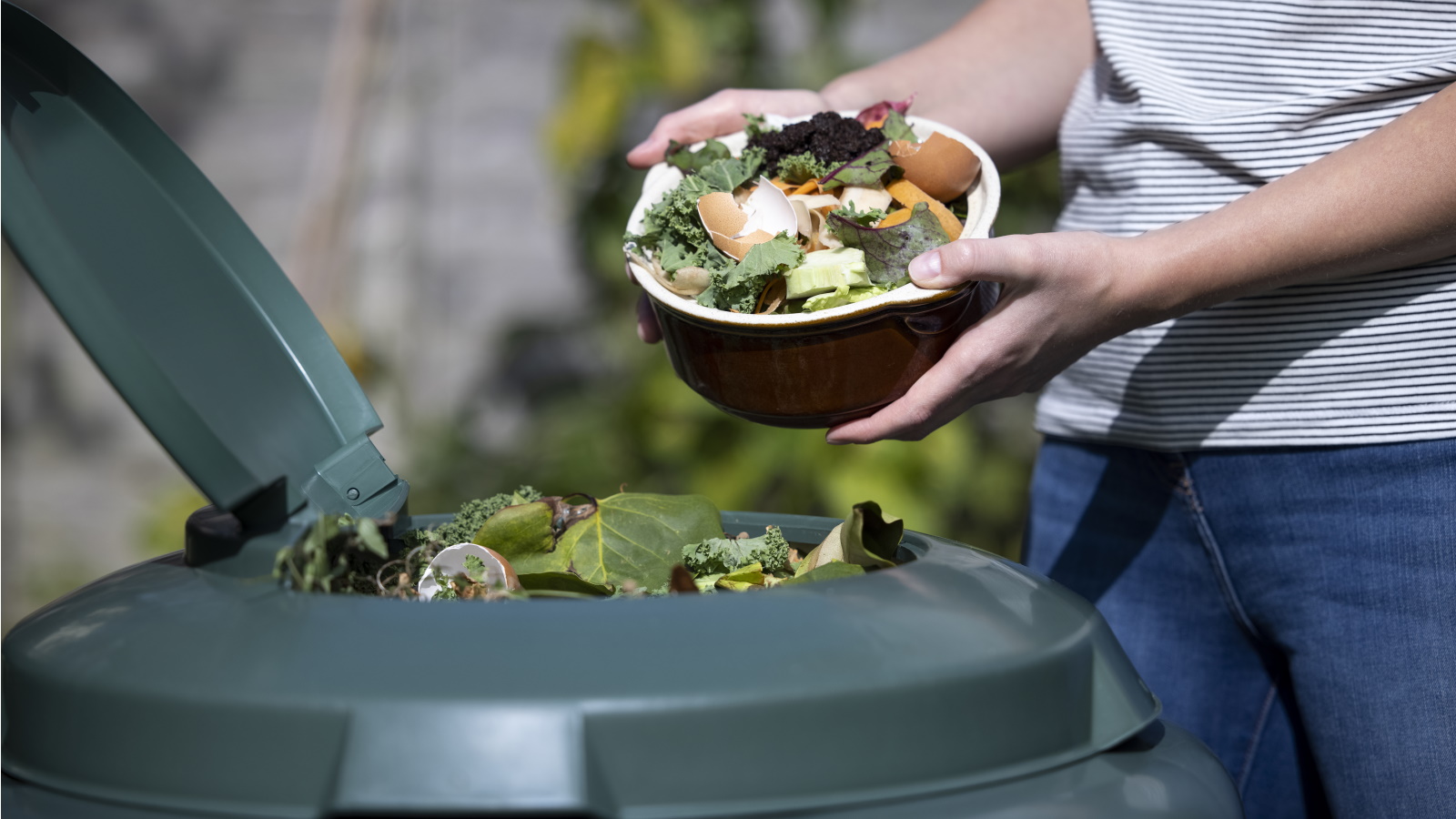

Making your own compost for your yard is a brilliant way to repurpose organic waste, like food and plant scraps, and feed your plants with a whole host of nutrients that support strong and healthy growth. If you're looking for a sustainable gardening goal to add to your resolutions for the incoming year, composting is a great place to get started.
There's a real science behind being able to successfully make compost. Not only do you need to know how to do it and what composting mistakes to avoid, it's also key to understand the timeline of composting. Depending on the size of your compost heap, you can turn your compost materials into ready-to-use compost in as little as a few months. Factors such as how often you add to your heap impact how quickly your materials break down. The timing for starting your compost heap is also something to consider.
Although you can start a compost heap at any point in the year, compost experts have shared below the optimal time to start your compost heap and explain why starting it at particular point in the year is beneficial.
When is the best time to start a compost heap?
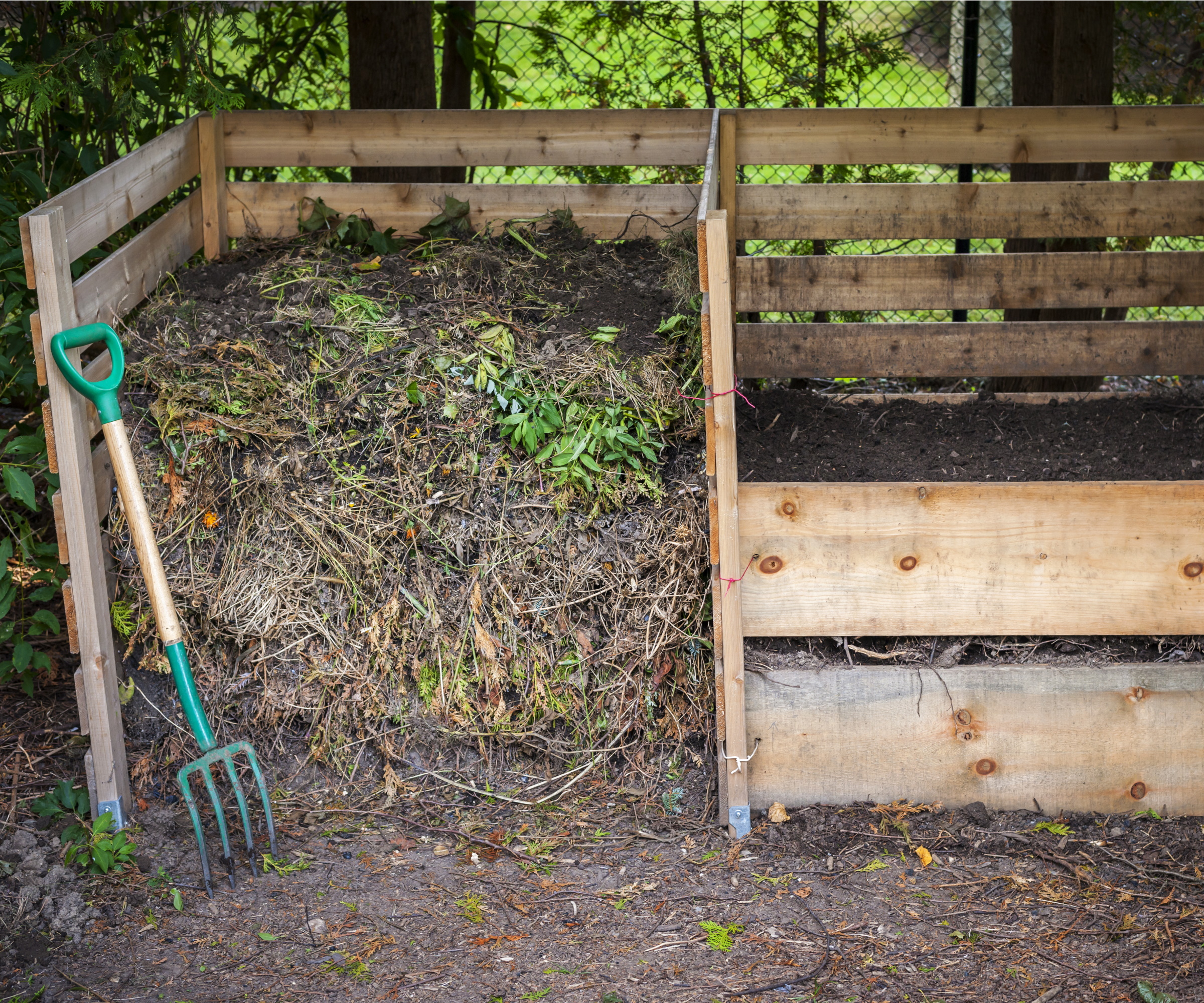
'Spring is the best time of year to start a compost heap as warmth is needed to really get the decomposition process going,' says Denis McCausland, horticulture expert and landscaper.
This is good news if you got your hands on a compost bin during the festive season deals so you can get it set up in time to start composting after frost. The pace at which your compost ingredients decompose during colder weather will be slow, making the warmer months a more ideal time to get started.
'Increased daylight and warmer temperatures enhance microbial and fungal activity, essential for decomposition,' explains Lauren Click, founder of Let's Go Compost. 'This timing also aligns with common pruning and garden maintenance, providing ample organic material for composting. Starting in spring allows compost to mature over the growing season, offering nutrient-rich material by late summer or fall,' she adds.
As you work through your spring gardening checklist, save your plant clippings and garden waste for your compost bin. Likewise, consider adding in unusual compost ingredients.
However, it is also possible to start a compost heap during other seasons - there are just a few considerations you need to know about:

Denis has over 30 years of experience in the landscaping industry in Denver metro. Denis holds a Bachelor of Science Degree in Horticulture from Ohio State University.

Lauren is the founder of Let's Go Compost, a 501(c)(3) non-profit with a mission to make composting free and accessible throughout the United States. Lauren works both in the dirt (literally) with public schools and community gardens, while also remaining focused on the big picture - working with large organizations and policymakers to ensure composting accessibility and affordability are kept front of mind as infrastructure is developed.
Starting a compost heap in summer
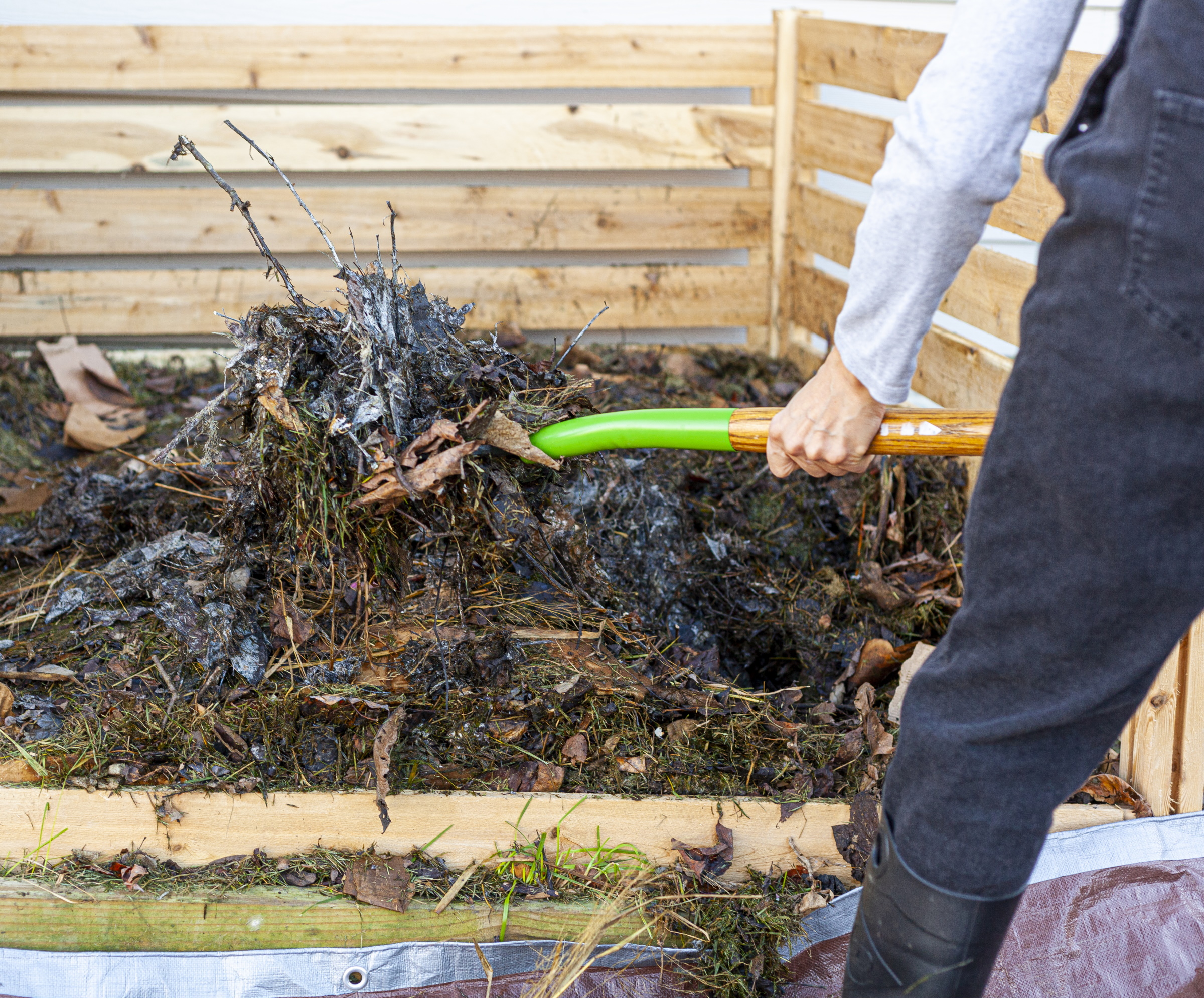
Starting a compost heap in summer has the benefit of heat. This is an essential element for speeding up composting.
'Summer offers faster decomposition due to naturally high temperatures, which support microbial and thermophilic bacteria activity,' says Lauren. However, there is also the risk of your compost heap loosing too much moisture.
'To prevent drying out, ensure frequent watering and consider shading the compost pile, as high heat and sun exposure can cause rapid moisture loss. Turning the compost more often in summer helps regulate temperature, ensuring that microbial populations remain active without overheating,' Lauren suggests.
Using a tumbling composter, like this one from Amazon, can make turning your pile much easier. Not only will this regulate temperatures, but it will also stop compost smelling bad.
Starting a compost heap in fall or winter
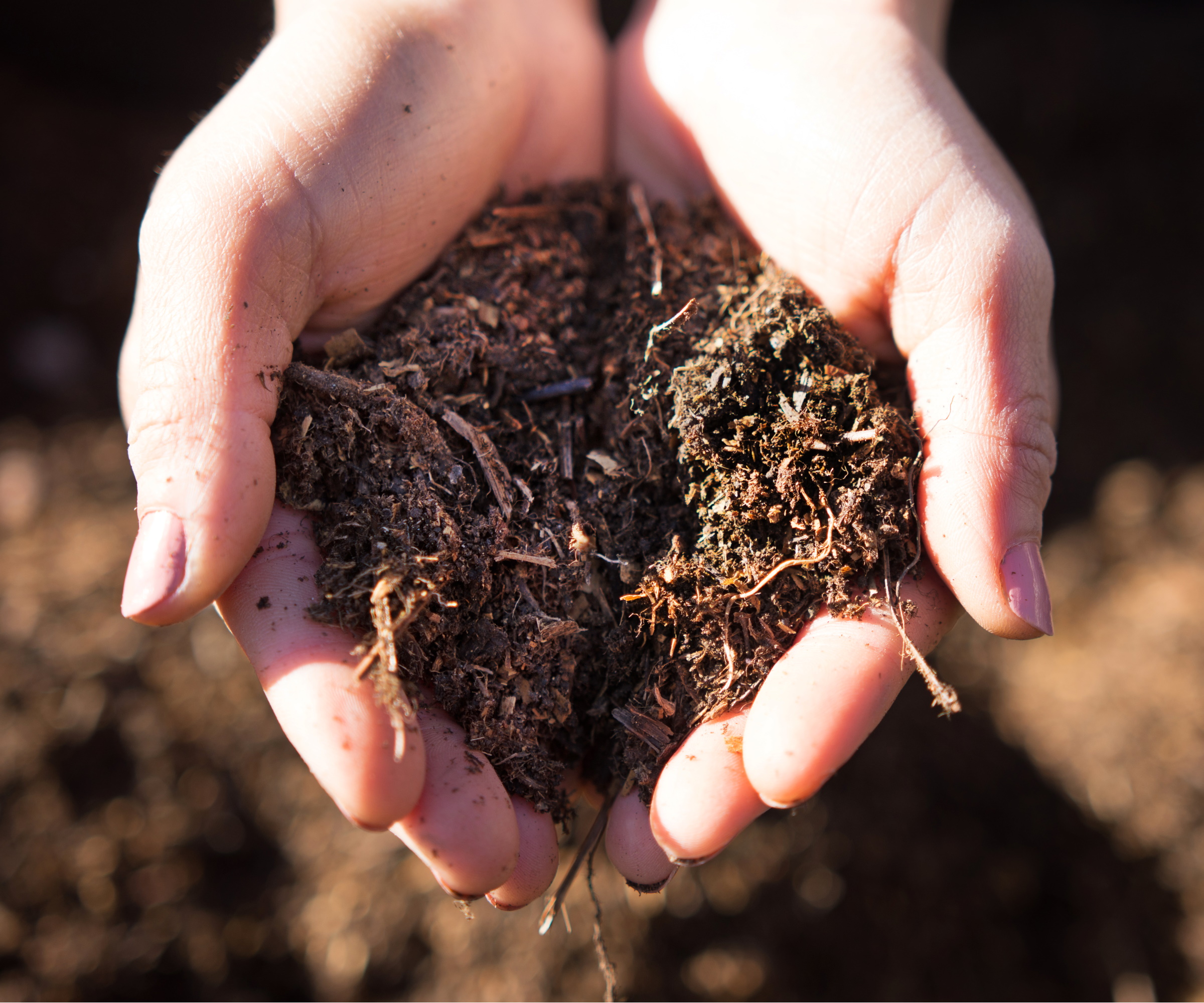
While it isn't the optimal time to start your heap, it is possible to start composting in fall or winter.
'Fall, like spring, can also be ideal for composting, with abundant organic material from fallen leaves and end-of-season plant trimmings providing a ready supply of carbon-rich browns,' notes Lauren. 'Combining these with kitchen scraps and garden waste builds a well-balanced compost, laying the foundation for steady decomposition over winter,' she explains.
There are also a few things you need to do to maintain compost during winter to stop compost freezing, among other potential problems. As it becomes colder, microbial activity will slow down, so keep your compost heap productive by keeping it insulated - for example, with leaf mulch, or opt for this insulated compost bin from Amazon.
'Focus on collecting carbon-rich materials (like dry leaves) and layering them with greens to prevent a soggy, compacted pile, which can inhibit airflow,' Lauren advises. 'To jumpstart microbial activity, add small amounts of finished compost or soil regularly, which introduces active microbes and helps sustain the pile through colder conditions,' she suggests.
If you do start a compost heap during the colder seasons, opt for hot composting techniques for effective results. This compost accelerator from Walmart can also help get your heap going.
Your composting starter kit
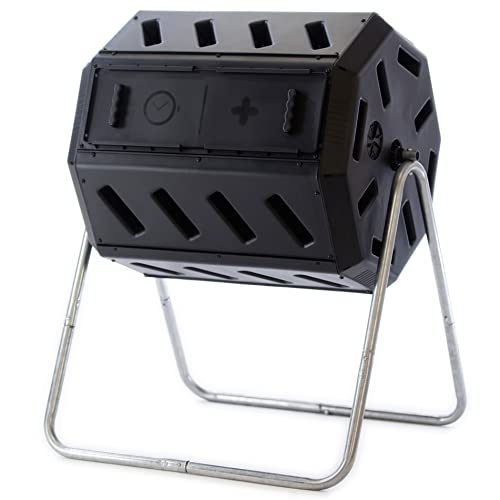
This tumbling composter makes turning your compost heap easy. It has ventilation holes to keep your compost aerobic and two chambers for more efficient composting.
FAQs
What time of year should you spread compost?
While you can spread compost throughout the year, it's beneficial to spread annually during fall: 'Fall is a good time to spread compost for flower beds and gardens as it gives a chance for everything to break down into helpful nutrients that enrich the soil for spring planting,' says Denis McCausland, horticulture expert and landscaper.
Spring is likewise a good time to spread compost. This gives your soil a boost of nutrients just before spring planting.
'Avoid spreading compost during peak summer, as intense heat may dry out the compost too quickly, reducing its effectiveness in enriching the soil,' notes Lauren Click, founder of Let's Go Compost.
No matter what time of year you choose to start your compost heap, no-dig expert Charles Dowding's composting tips can help you turn organic waste into compost in a short amount of time. If you want to take your composting a step further, try using a wormery for compost.
Sign up to the Homes & Gardens newsletter
Design expertise in your inbox – from inspiring decorating ideas and beautiful celebrity homes to practical gardening advice and shopping round-ups.

Tenielle is a Gardens News Writer at Homes & Gardens. She holds a qualification in MA Magazine Journalism and has over six years of journalistic experience. Before coming to Homes & Gardens, Tenielle was in the editorial department at the Royal Horticultural Society and worked on The Garden magazine. As our in-house houseplant expert, Tenielle writes on a range of solutions to houseplant problems, as well as other 'how to' guides, inspiring garden projects, and the latest gardening news. When she isn't writing, Tenielle can be found propagating her ever-growing collection of indoor plants, helping others overcome common houseplant pests and diseases, volunteering at a local gardening club, and attending gardening workshops, like a composting masterclass.
-
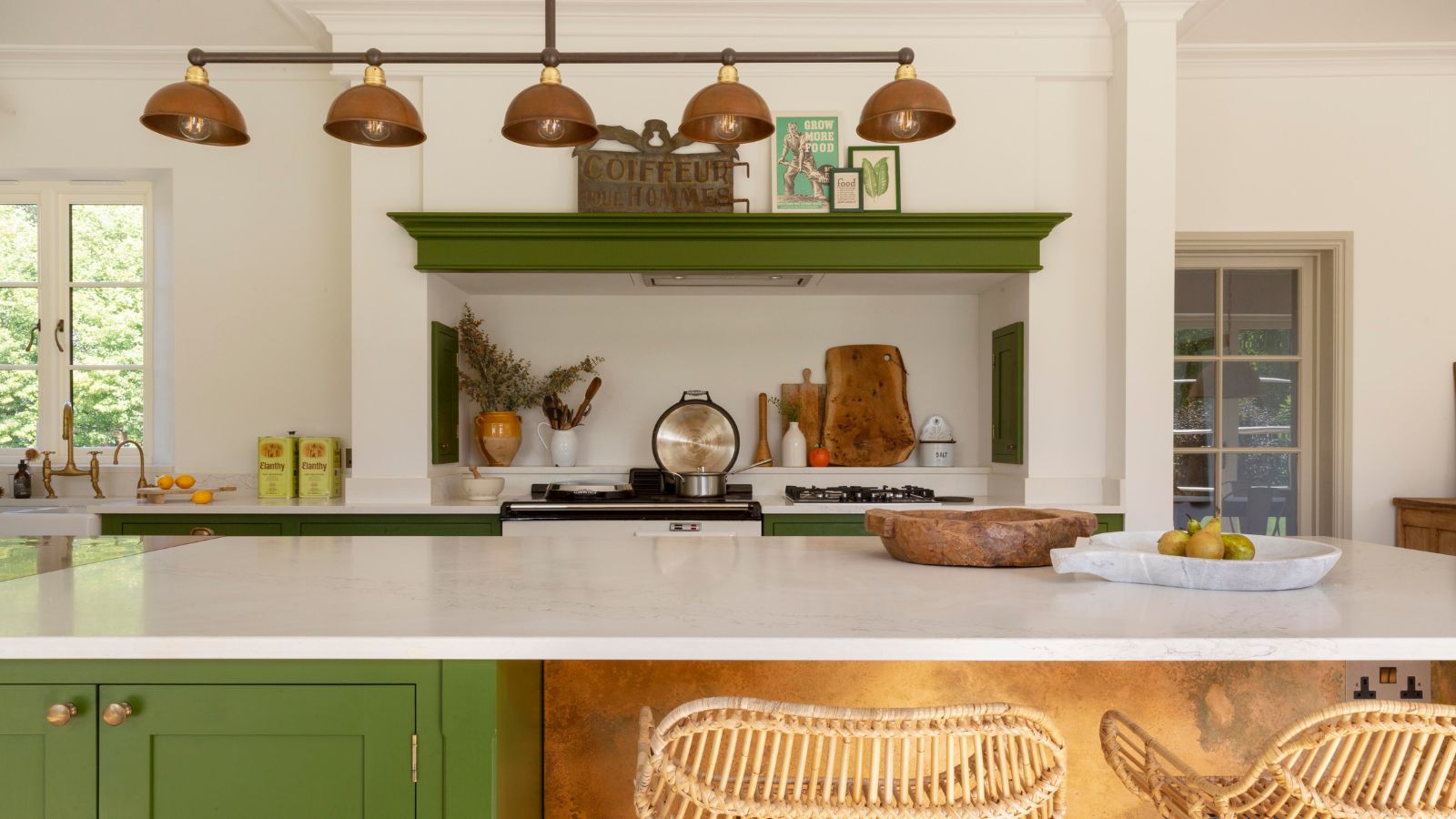 7 underrated kitchen features that are sure to make your life easier, according to interior designers
7 underrated kitchen features that are sure to make your life easier, according to interior designersFrom game-changing storage to functional decor
By Molly Malsom
-
 These 5 plant species will help to attract and nurture an underrated nighttime pollinator that's crucial to every yard
These 5 plant species will help to attract and nurture an underrated nighttime pollinator that's crucial to every yardDiscover the best plants for attracting moths to your yard
By Ciéra Cree
